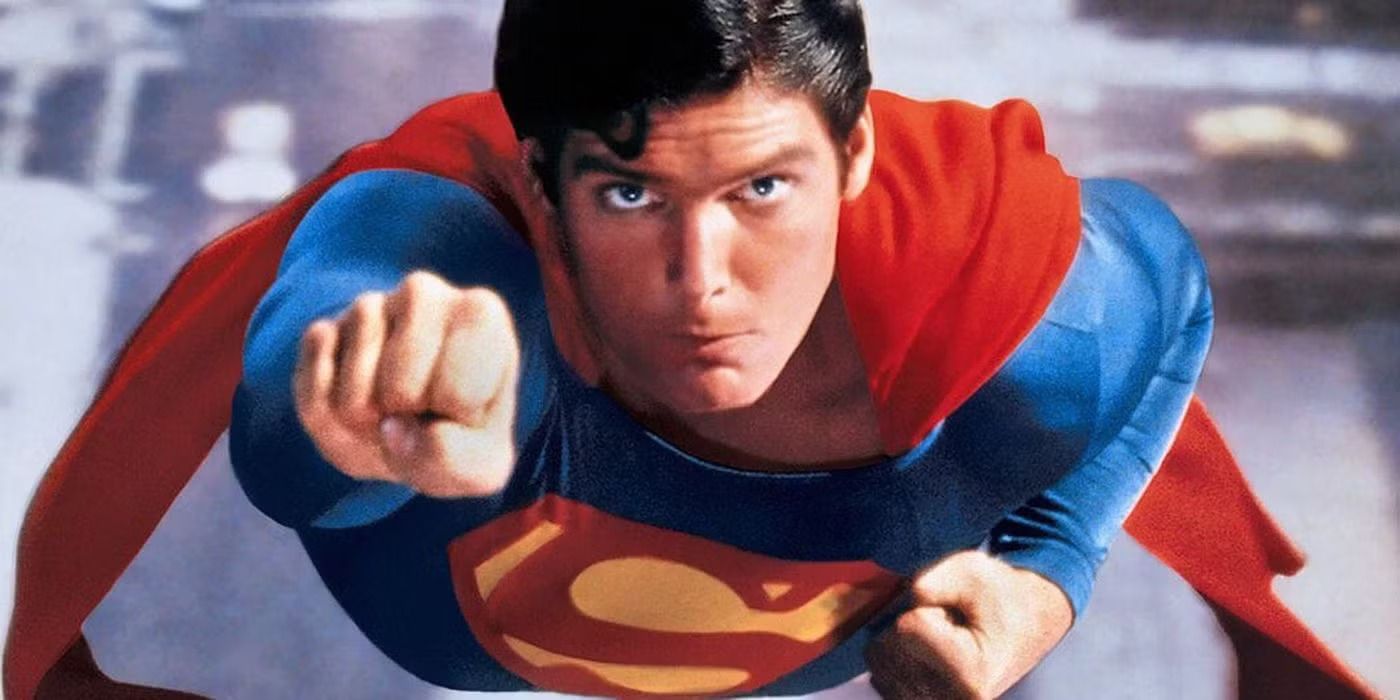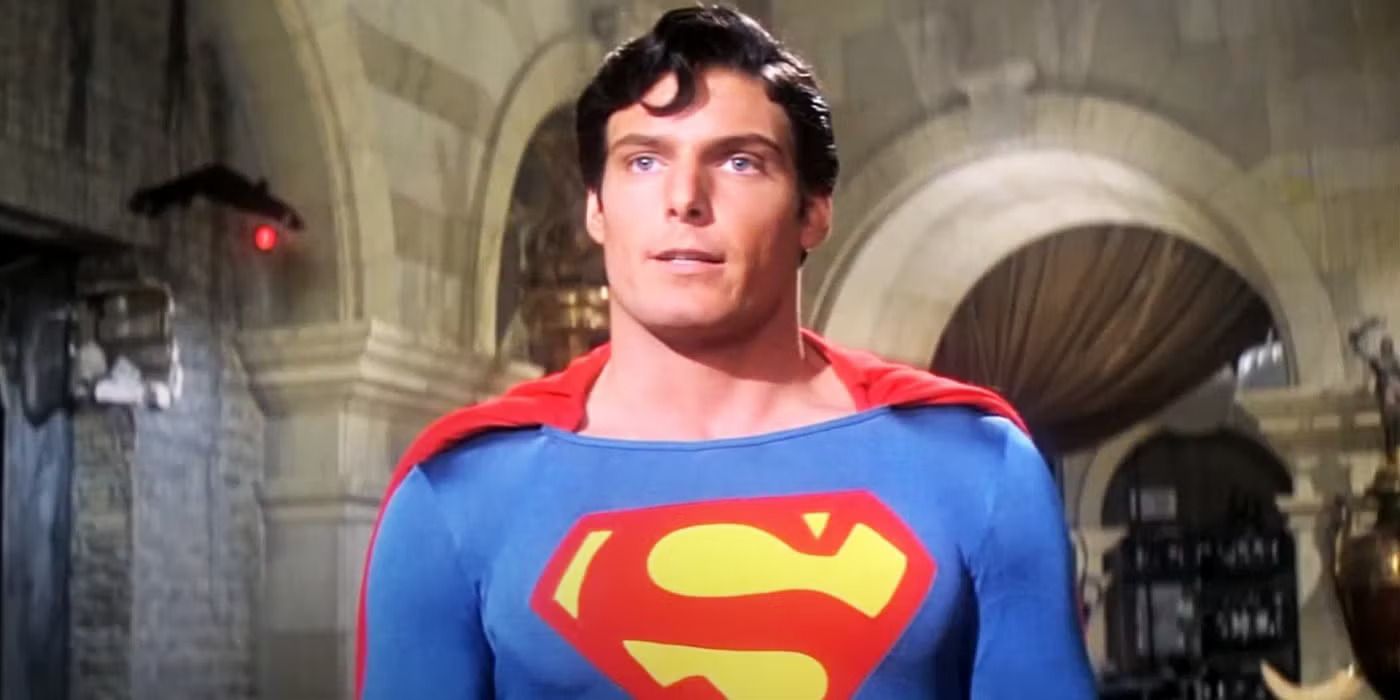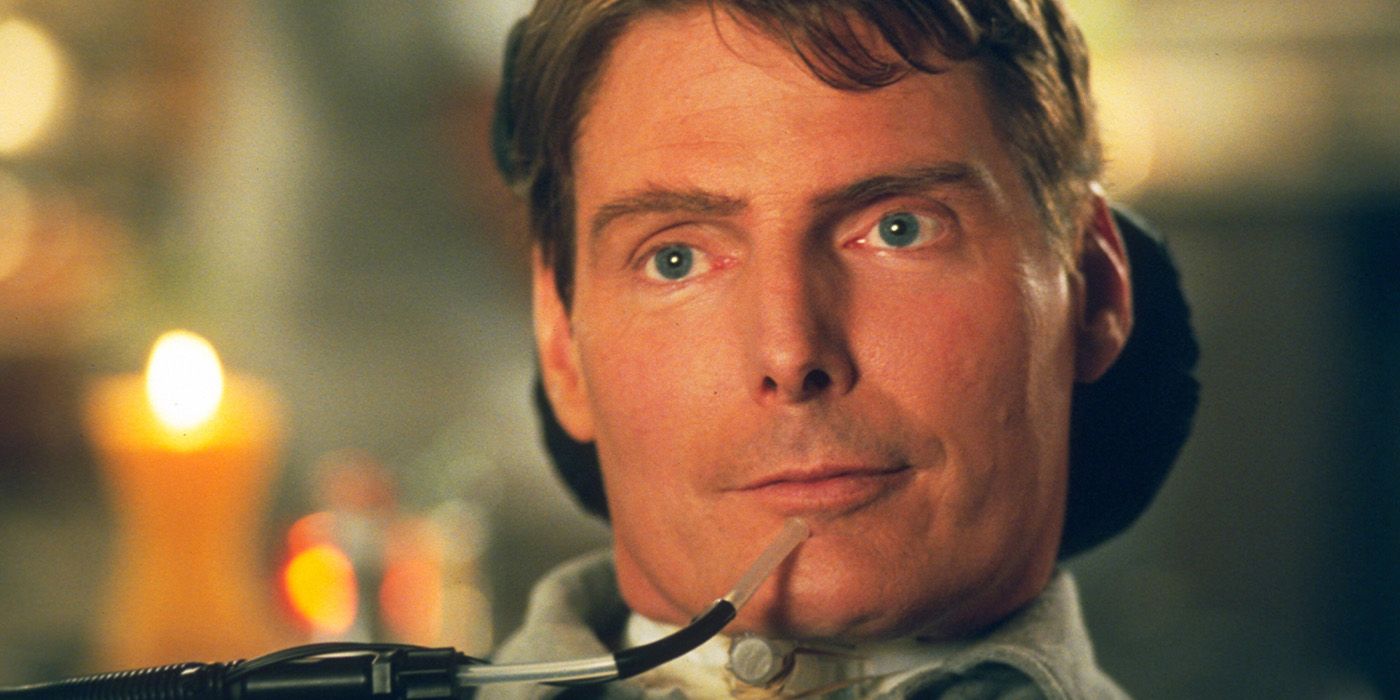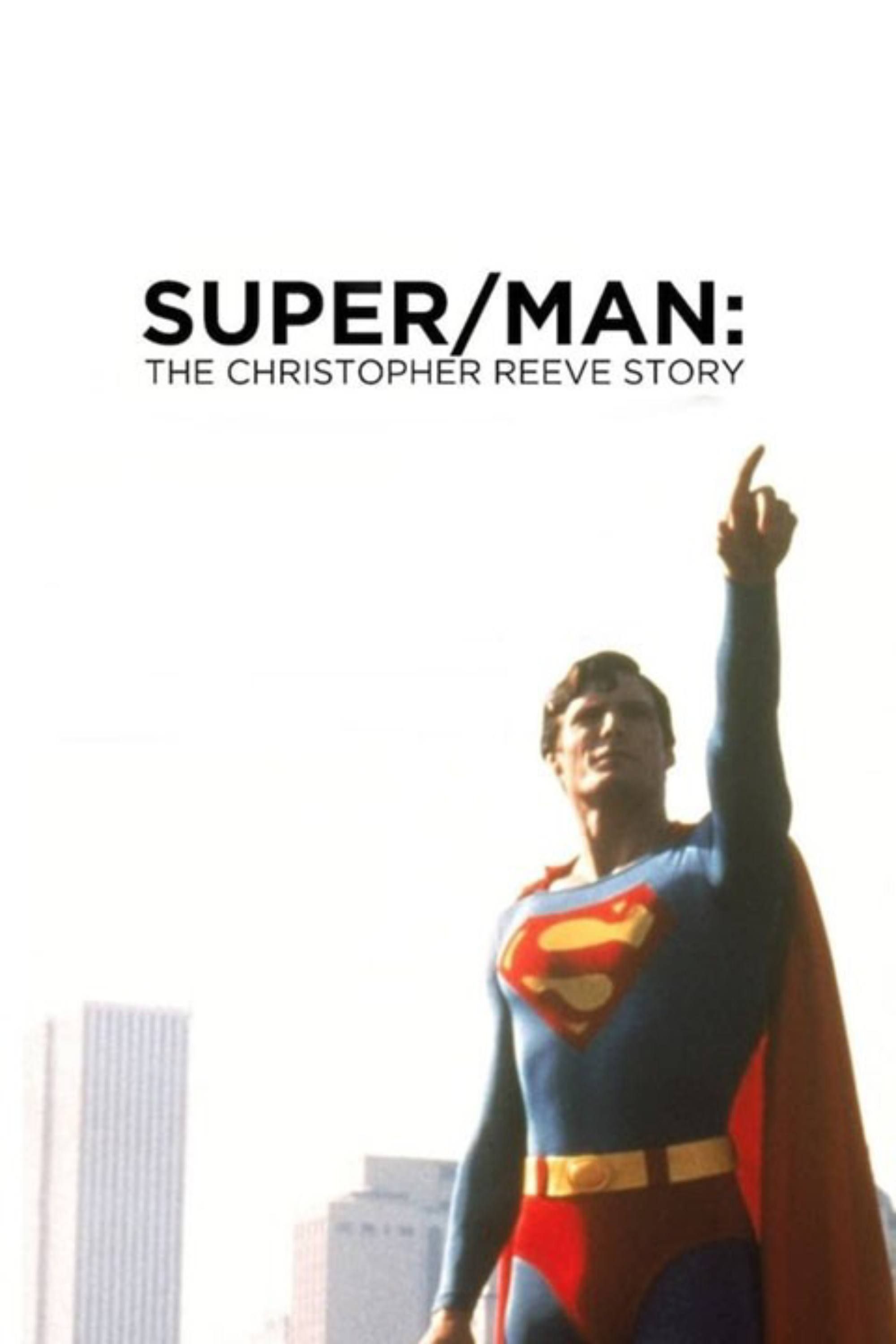It’s 1988, and I am in the hospital.
In one of my earliest memories, I am fighting against a severe case of asthma.
My immune system is weak because of my cerebral palsy.

Image via Warner Brothers
My Grandmother Gwen, brought me a Christopher Reeve-era Superman pillowcase.
I spent days in that hospital bed, watching a VHS copy of 1978’sSuperman: The Movie.
The Richard Donner film started a lifelong obsession with characters in capes.

Image via Warner Brothers
Even more than that, Reeve’s struggles in 1995 helped me to embrace my own disability.
It taught me to see life not as it is but as it can be.
For some, it’sSmallville’sTom Welling.

For others, it’sHenry Cavill.
And more recently, maybe it’sTyler HoechlinofSuperman & Lois.
Superman’s appearance in the classic John Bryne comic book run bears more than a passing resemblance to Reeve.

Super/Man: The Christopher Reeve Story explores the life and career of the iconic actor known for his portrayal of Superman. The film delves into Reeve’s personal and professional journey, examining his lasting impact on Hollywood and his remarkable resilience following the accident that profoundly changed his life.
The Richard Donner film laid the groundwork for every major superhero franchise since.
WithoutSuperman: The Movie, there would be no MCU or DCEU.
It was the first superhero movie to be treated like a film.

The real star power in the film comes from Christopher Reeve,a relatively unknown Broadway actor.
He had a sly smile after taking down a bad guy orperforming a rescue.
It wasn’t just about the glasses.
He transformed before our eyes into a different person.
He is surrounded by people who will never really know the real him.
Not just in the apparent way that comes along with having a secret identity.
It’s the knowledge thatno one will ever know precisely what it’s like to be him.
And then Superman fell.
At 42, Christopher Reeve was thrown over a barrier while riding a horse during an event.
He landed on his head, severely injuring his spine.
He used his influence and status to push forward legislation and care.
Because of him, there are people walking today.
However, these changes were only possible because he turned his energy inward.
Instead of focusing on curing himself, he realized his larger purpose helping others.
He also went back to work.
It was more than research and awareness.
It was proving to the world that disabled people are different, not less.
Moreover, it drove me to want others, especially those more disabled than me, to be seen.
These are not disabled people, just people.
Instead, I began to see it as a source of inspiration to others.
While Christopher Reeve’s fight ultimately ended tragically, he accomplished so much in such a short time.
Reeve’s turn as Superman is a shining example ofthe themes that make the character so timeless.
The message of justice, fairness and hope is an inspiration to all, disabled or not.